Iran’s newly unveiled ballistic missile has triggered alarm in Tel Aviv: Analyst
By Somayeh Khalili
The successful test launch of Iran’s indigenously built precision-guided ballistic missile Kheibar earlier this week has caused alarm in Tel Aviv, as it has the capability to evade the most advanced Israeli surveillance means.
Jim Kavanagh, a journalist and political commentator, made these remarks in an interview with the Press TV website on Friday, a day after the Kheibar missile, an upgraded version of the Khorramshahr-class missiles with a range of 2,000 kilometers, (1,250 miles), was test-launched.
According to Iranian military officials, the missile unveiled on Thursday was one of the most advanced ballistic missiles ever designed by experts at the Aerospace Department of the Defense Ministry.
Kavanagh said the 12-minute launch time of the missile means it is “very fast” and “gives little time” for Israeli and American surveillance means, including satellites, “which are constantly aimed at Iran to react in time to prevent a launch”.
“Israel is extremely worried about such missiles,” he noted, adding that the regime has been “spoiled with impunity and does not want to lose it”.
The American analyst said the Israeli regime and the United States “certainly do not want to wait for Iran to develop solid-fueled long-range missiles that can be instantly launched.”
The launch ceremony of the new-generation missile was attended among others by Iran’s Defense Minister Mohammad Reza Ashtiani, who reaffirmed the commitment of armed forces to “defend the country”.
Kavanagh said there is a worry that these missiles “can now reach Israeli territory”.
“They also, it is reported, have radar-evading capabilities, which make them more likely they will get through air defenses. We must also mention the very important element of accuracy,” he asserted.
The US-based commentator further said he has not seen specific information about the accuracy of Kheibar and other newly-developed Iranian missiles, but said there have been huge improvements.
“For Israel and its patron, the United States, it is unacceptable that Iran—or any regional actor—would have the ability to inflict serious damage on Israel,” Kavanagh stressed.
“Israel must have the capability to inflict any damage it wants on Iran’s cities and facilities—including with nuclear weapons. Iran must not have the ability to inflict any serious damage on Israel with conventional weapons and missiles. That is Israeli and US policy, and they are adamant about it.”
Iran has established its reputation as a military heavyweight in the region, developing a wide range of ballistic and cruise missiles in recent years, much to the consternation of Israel and the US.
Iran has, however, repeatedly maintained that its missile program is peaceful and defensive in nature.
Kavanagh said Iran’s weapons development and the demonstration of greater military capability and confidence has provoked fear in Tel Aviv, as they fear a “few accurate strikes” on Israeli military installations will force the Israeli settlers to “return to the West Bank – of the Hudson”.
“It is the capability of these weapons—not Iran’s non-existent nuclear weapons—that Israel and the US are worried about. That is why there will be no return to the JCPOA—because it’s really about the US insisting on limits to Iran’s missile capabilities,” he remarked.
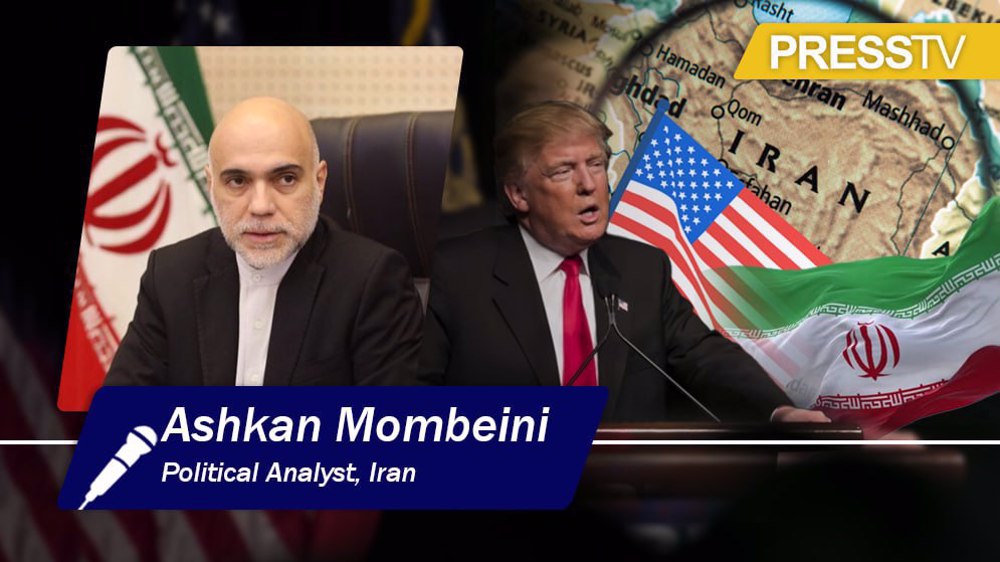
Trump's war rhetoric against Iran to impose heavy costs on US and allies: Analyst
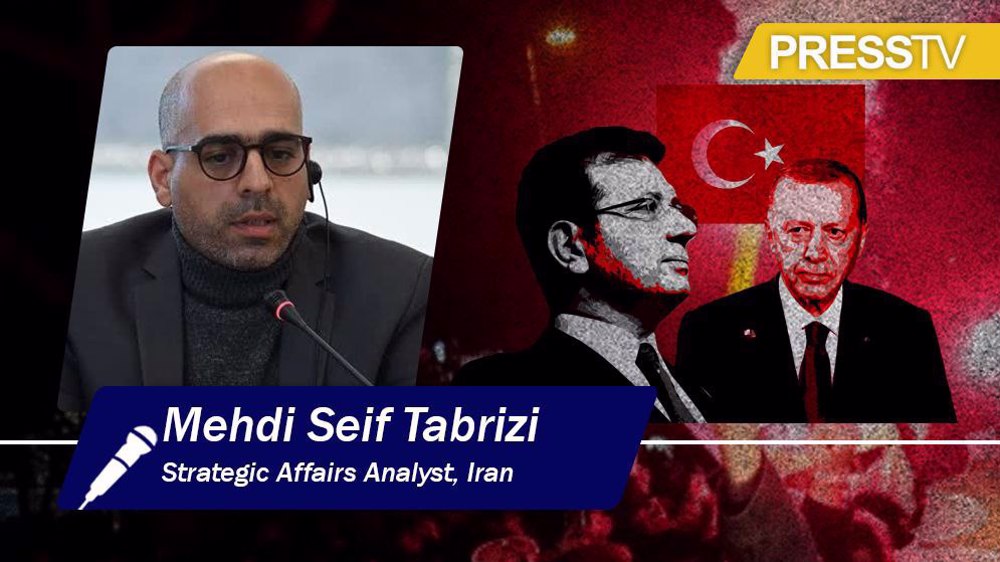
Turkey’s political unrest to significantly weaken Erdoğan’s grip on power: Analyst
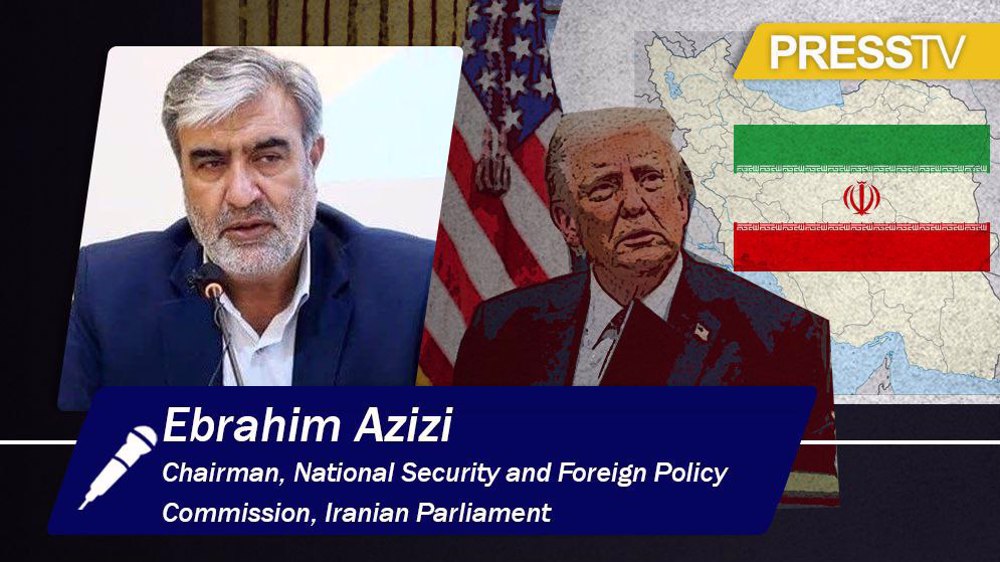
Trump’s letter not an olive branch but a pressure tactic against Iran: Sr. Lawmaker
Collapsing Empire: Yemen shatters the illusion of US air power, yet again
Ten Britons accused of war crimes during Israel’s Gaza genocide; complaint filed
Waqf Bill not just an attack on Indian Muslims but on India’s constitutional fabric: MP
Iran Army cmdr. visits southeast air base as Tehran vows to exact ‘heavy price’ from enemy
‘Undeterred’ by US aggression, Yemen threatens to expand scope of retaliation: US media
VIDEO | Israel kills two in attack on journalist tent near Gaza’s Nasser Hospital
Palestinian American teenager killed by Israeli forces in West Bank amid raging onslaught
US launches more airstrikes on various areas across Yemen


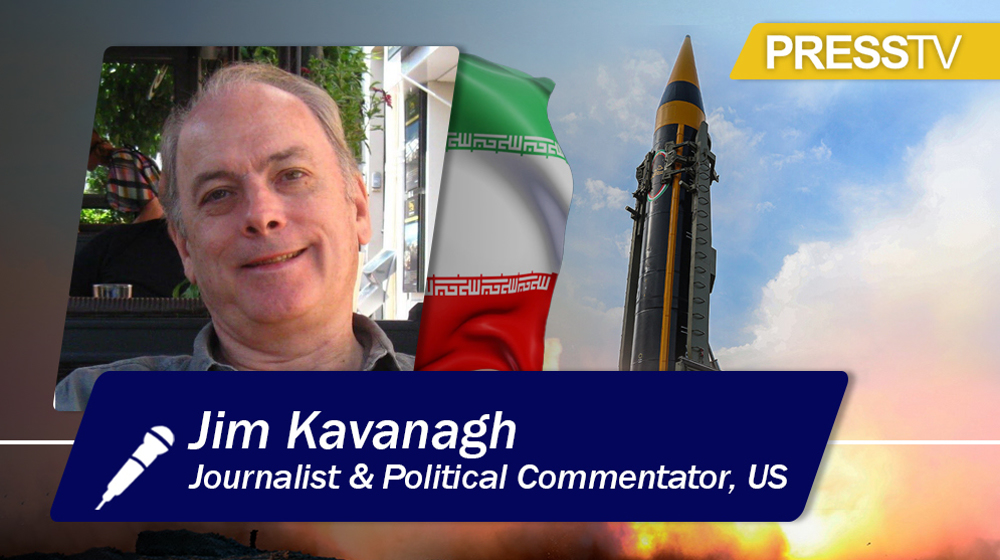



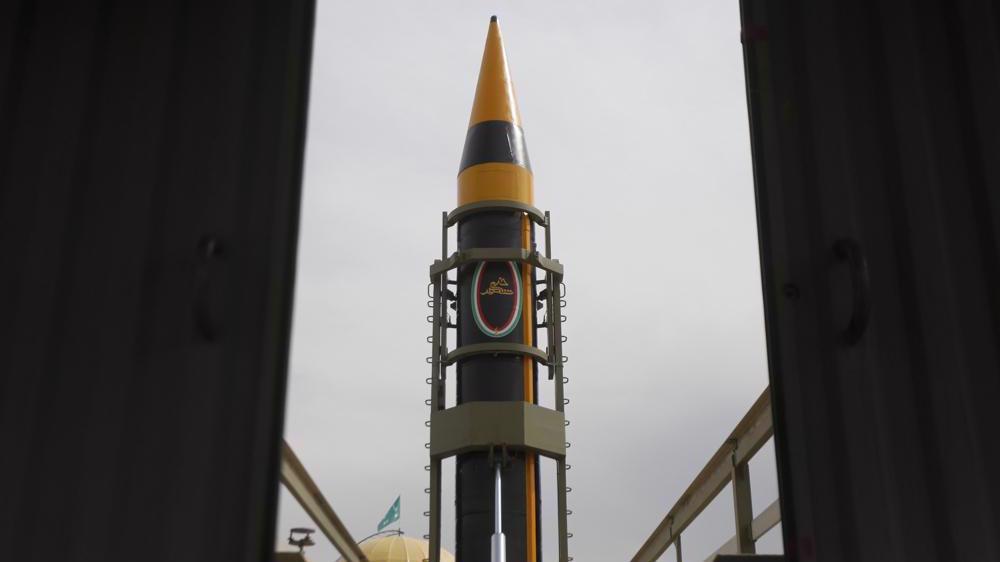
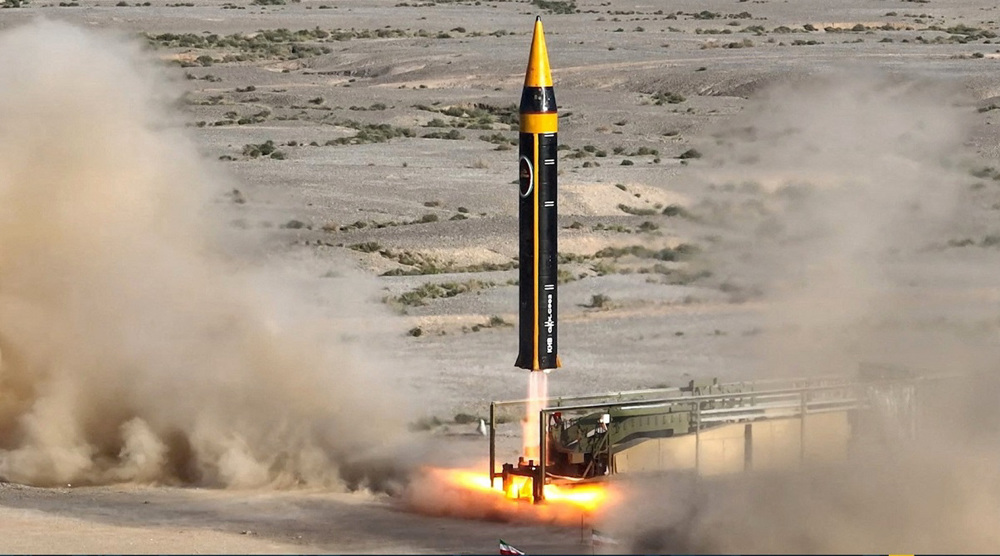
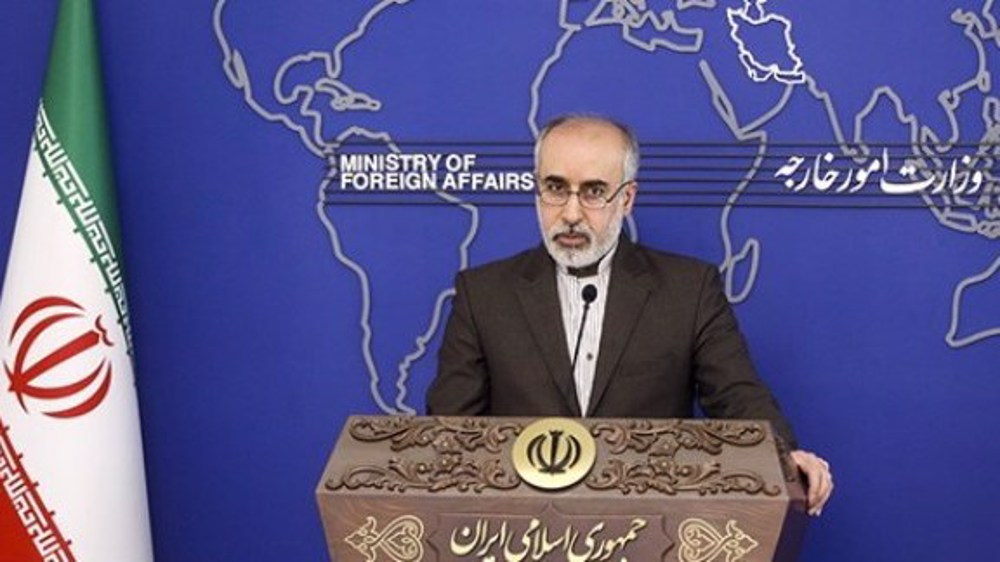
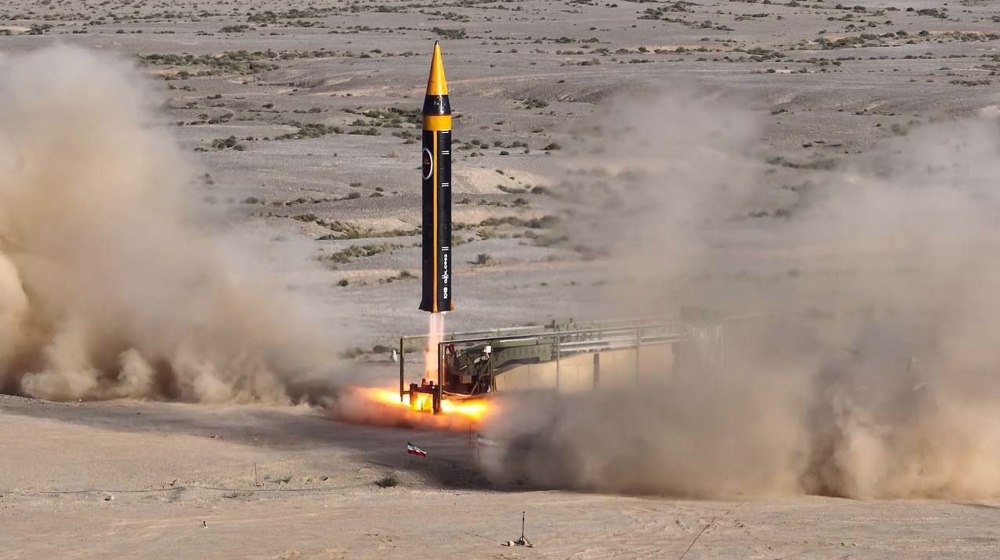
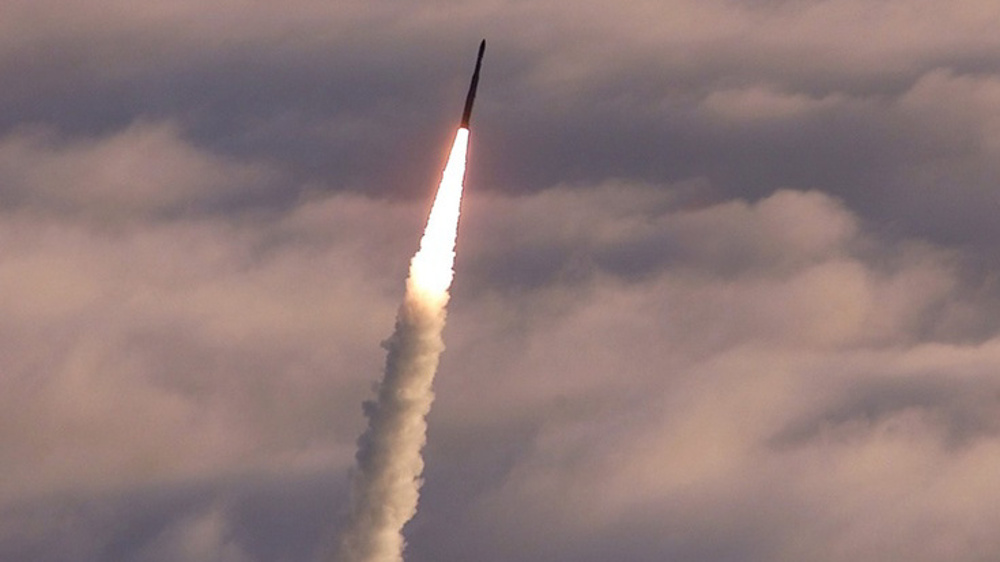

 This makes it easy to access the Press TV website
This makes it easy to access the Press TV website